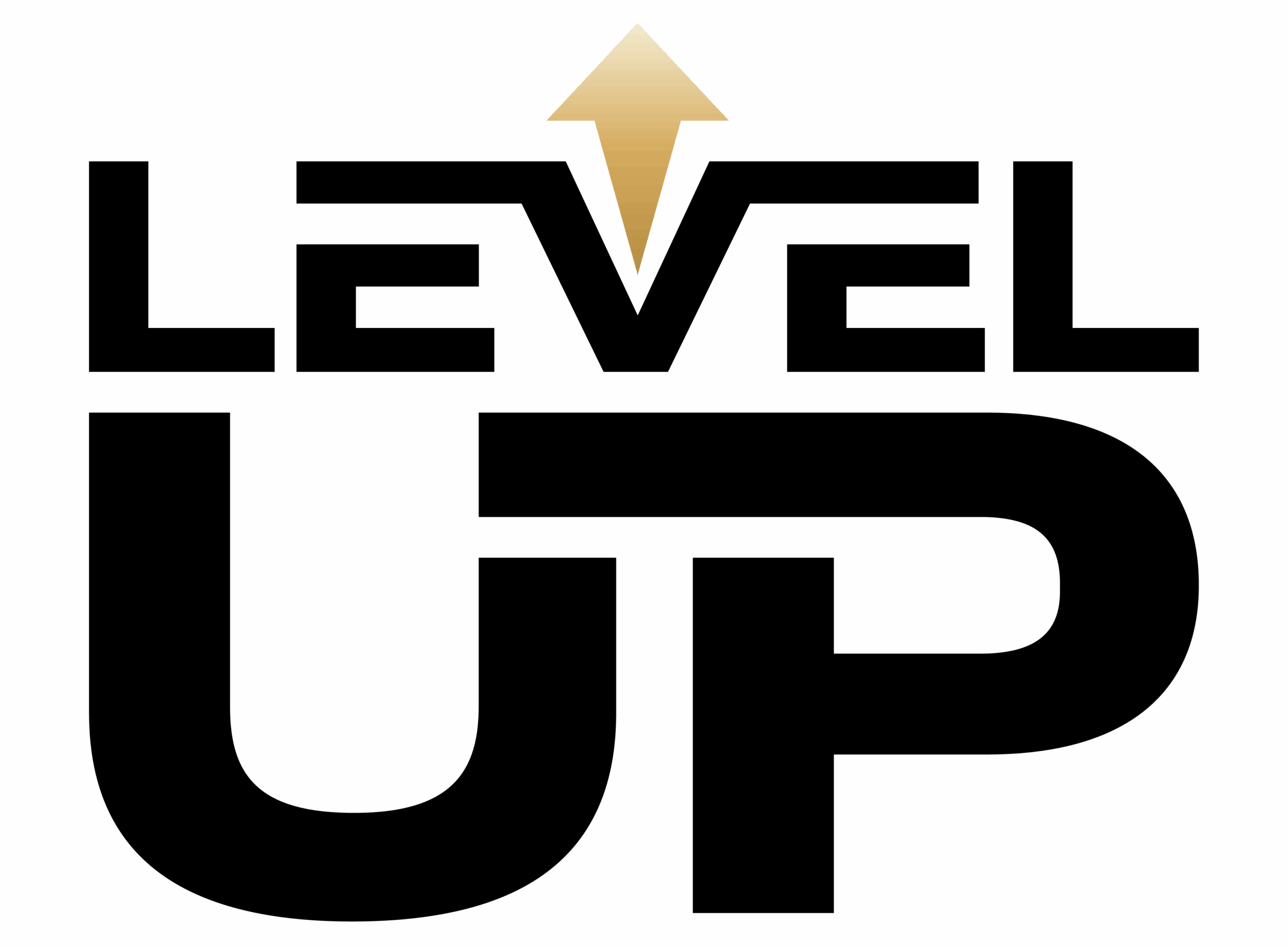For beginner sales professionals, feeling nervous, uncertain, or hesitant when engaging prospects is common. It’s actually part of the process, because once you learn how to power through them, you will transform from someone who dreads going out in the field into someone who genuinely enjoys the challenge.
Learning how to build confidence in sales is vital to setting yourself up for success in the field. To accelerate your growth, here are some actionable steps you can implement immediately.
1. Master Your Product Knowledge
Confidence starts with knowing what you’re selling inside and out. The more familiar you are with your product or service, the easier it is to answer questions, demonstrate value, and guide prospects naturally.
Here’s how you can master your product knowledge:
- Study your offerings thoroughly, including features, benefits, and common objections. Understanding every aspect of your product or service allows you to respond confidently and anticipate customer questions before they arise.
- Practice explaining your product clearly and concisely, highlighting its real-world impact. Doing so helps prospects immediately understand the value of what you’re offering and makes your conversations more compelling and persuasive.
- Conduct mock demonstrations to simulate real conversations. Practicing in a realistic setting reduces nervousness and prepares you to handle unexpected questions or scenarios effectively.
Being well-prepared reduces hesitation and allows you to focus on connecting with the customer, not worrying about what to say next.
2. Practice Selling with Confidence
Confidence grows with repetition. So, practicing your sales conversations actively will help you internalize messaging, smooth out awkward moments, and develop a natural, assertive style.
- Simulate real-world sales interactions with colleagues or mentors. Practicing in a safe environment allows you to play with different approaches and receive immediate feedback.
- Record your calls or presentations to identify areas for improvement. Reviewing recordings helps you notice patterns, refine messaging, and build greater confidence in future conversations.
- Focus on tone, pacing, and body language as much as content. Nonverbal cues and delivery significantly impact how your message is received, reinforcing credibility and engagement.
The more you practice, the quicker you achieve selling with confidence.
3. Reframe Rejection as Valuable Feedback
In sales, every “no” is an opportunity to learn and improve. Beginner professionals often take rejection personally, which can erode confidence if not managed properly.
Top performers understand that rejection is simply information—data about timing, fit, or approach that helps them refine their strategy. Here’s what they do that you can implement today:
- Track objections and rejections to identify patterns or areas for improvement. Keeping a record helps you pinpoint recurring concerns and create strategies to address them more effectively.
- Ask yourself what you can adjust for next time instead of dwelling on the outcome. Focusing on actionable changes keeps you proactive and prevents negative experiences from undermining your confidence.
- Celebrate the insights gained from each interaction, even if it doesn’t end in a sale. Recognizing small wins reinforces learning and motivates you to continue improving your sales confidence.
Viewing rejection as constructive feedback transforms setbacks into valuable learning opportunities, which will help you grow and build lasting sales confidence.
4. Develop Strong Communication Skills
Effective communication is the foundation of confident selling. The ability to articulate ideas clearly, listen actively, and respond thoughtfully is vital to make prospects feel understood and build trust.
- Practice active listening by focusing entirely on what the prospect is saying without interrupting, and paraphrase their concerns to confirm understanding. Active listening shows that you value their perspective and helps you respond in ways that truly resonate.
- Avoid overly technical terms that can confuse or alienate customers. Clear, simple language keeps conversations relatable and makes your solutions easier to understand.
- Use open-ended questions to guide conversations and uncover needs. Ask questions that require more than a yes or no answer to encourage prospects to share their goals, challenges, and preferences. This approach gives you richer insights and helps tailor your pitch effectively.
- Pay attention to nonverbal cues like eye contact and posture to reinforce credibility. Your body language communicates confidence and professionalism, which complements your verbal messaging. Maintaining positive nonverbal signals helps build trust and keeps the conversation engaging.
Strong communication skills create a sense of authority and comfort, both for you and your prospect.
5. Set Achievable Goals and Celebrate Wins
Confidence grows with consistent progress. Set realistic goals and celebrate small wins along the way. Each accomplishment builds momentum and prepares you to tackle bigger challenges with greater self-assurance.
- Break larger objectives into manageable milestones, such as the number of calls made or meetings scheduled. Smaller, achievable targets make progress measurable and reduce overwhelm, which keeps motivation high.
- Keep a journal of successes, big or small, to reinforce progress. Documenting achievements provides a visual reminder of growth and boosts confidence over time.
- Reflect on what techniques worked best and repeat them in future interactions. Consistent reflection will help you refine your approach and steadily improve your sales confidence.
Acknowledging growth regularly builds momentum, making it easier to approach new challenges with certainty.
Morning Routines and Preparation for Confident Selling
Starting your day with intention can set the tone for a confident and productive sales performance. Beginner professionals often underestimate how preparation impacts mindset and energy during interactions.
Here are some routines you can incorporate into your daily schedule to boost focus, mindset, and overall sales confidence before every interaction.
- Review Your Goals and Priorities: Begin each day by looking at your sales targets, scheduled meetings, and key prospects. Clear objectives will help you focus and approach conversations with purpose.
- Practice Your Pitch or Key Talking Points: Spend a few minutes rehearsing product explanations, benefits, and potential objections. Repetition builds fluency and reduces anxiety before engaging prospects.
- Visualization and Positive Affirmations: Visualize successful interactions or use affirmations like, “I can handle any objection confidently.” These mental exercises prime your mind and help you approach the day with focus, optimism, and a confident mindset.
- Quick Physical or Mindfulness Exercises: Activities such as stretching, deep breathing, or brief meditation can reduce stress, boost energy, and improve focus before calls or meetings.
By consistently following a pre-work routine, you can start each day feeling composed, prepared, and ready to sell with confidence.
Wrapping It Up: Master How To Build Confidence in Sales
Learning how to build confidence in sales takes time, practice, and reflection. By following the steps above, from mastering product knowledge to reframing rejections, you can transform uncertainty into authority in no time.
Confidence is contagious. When you feel secure in your abilities, prospects notice it, trust you more, and engage more openly.
Quick Recap:
- Confidence starts with preparation: Master your product knowledge and practice your pitch to reduce hesitation.
- Practice makes perfect: Role-playing, recording, and reviewing conversations build natural, confident sales delivery.
- Reframe rejection as growth: Every “no” provides valuable feedback to refine your approach and strengthen sales confidence.
- Communicate effectively: Active listening, clear language, and attention to nonverbal cues create trust and authority.
- Celebrate progress and stay intentional: Set achievable goals, track wins, and maintain pre-work routines to reinforce confidence daily.
Looking for more insights?
Follow Level Up Marketing for more tips on selling with confidence and other helpful insights. We also offer sales confidence training across British Columbia to accelerate your growth in the field. Visit us to learn more.

